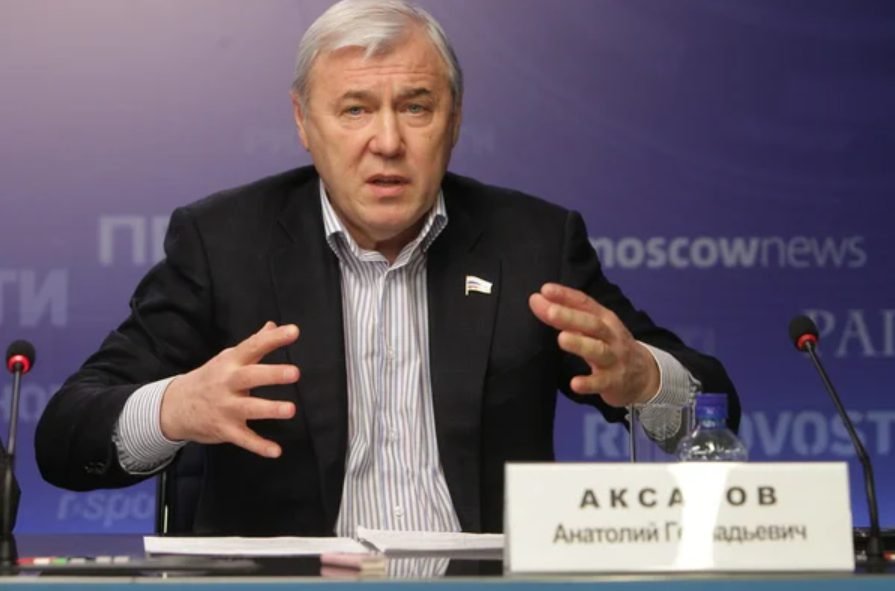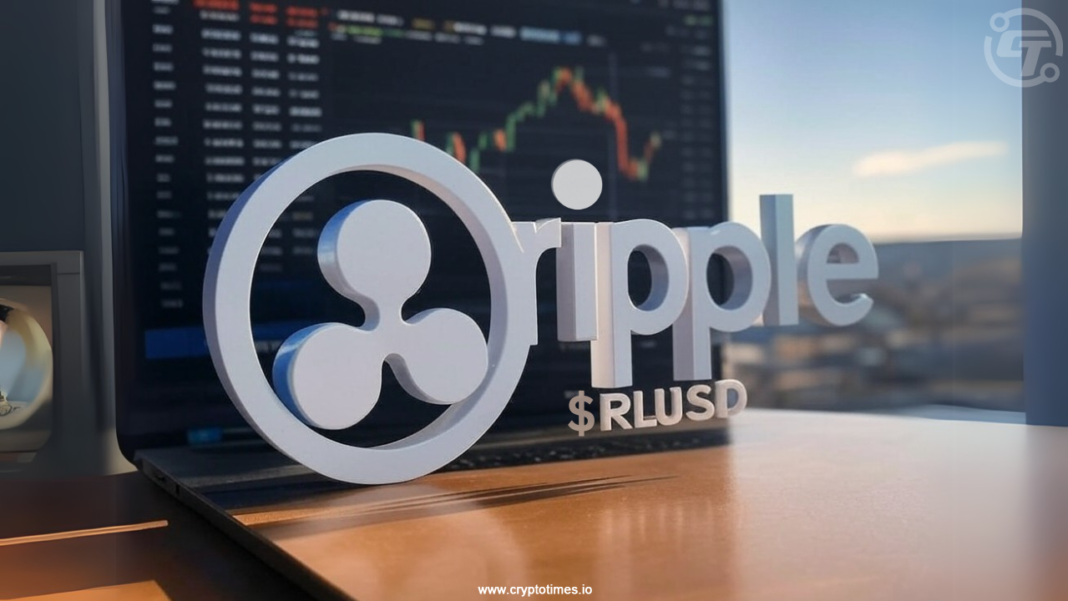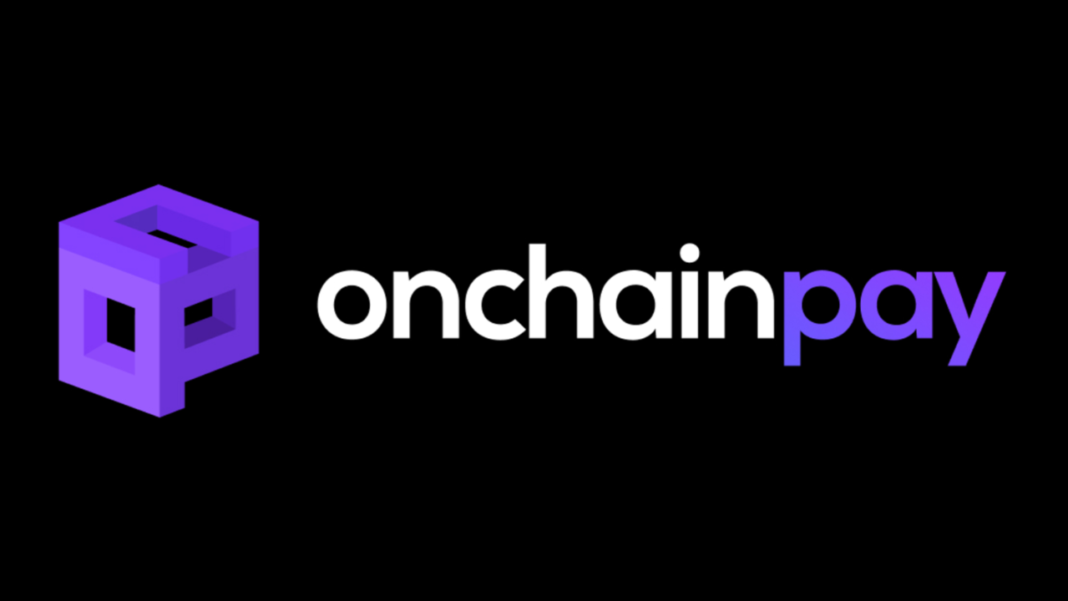State Duma Financial Market Committee Head Anatoly Aksakov announced plans for a Russian cryptocurrency exchange. This initiative supports cryptocurrency market growth and digital currency trade. The exchange will strengthen Russia’s de-dollarization plans through regulated crypto trading systems.
Also Read: AI Sets Bitcoin (BTC) Price For December 20, 2024
Exploring the Role of Russia’s Crypto Exchange in the De-Dollarization Process
Current Regulatory Framework
The Russian cryptocurrency exchange must follow Central Bank rules. Citizens can buy and keep digital assets but cannot use them for payments inside Russia. Since September 1st, a new test program has allowed businesses to use cryptocurrency for foreign trade. The National Payment System oversees these transactions under new crypto regulations.
Banking Sector Integration
Russia’s major banks support the cryptocurrency exchange project. “Representatives from Sber, VTB, and Alfa-Bank have expressed their readiness to participate in the experiment,” Aksakov stated at his press conference. The Russian cryptocurrency exchange gains strength from banks working with digital platforms to build the cryptocurrency market system.
Also Read: India’s Upcoming Crypto Laws Could Reshape the Market—Here’s What’s Coming
International Settlement Mechanism
“Cryptocurrency that has been created or acquired should circulate outside our country, outside our jurisdiction,” Aksakov said. While Russia will track these assets, they’ll mainly serve for foreign trade. This supports de-dollarization plans under strict oversight. The Russian cryptocurrency exchange will help process these international payments.
Legislative Developments
Aksakov mentioned plans for a law to let Russians open crypto-linked accounts for foreign payments. The Central Bank noted these systems already exist, showing growth in cryptocurrency market services.
Also Read: Shiba Inu: AI Predict SHIB’s Price For December 20
Future Implementation Strategy
The Russian cryptocurrency exchange will launch when markets mature. Aksakov emphasized they’ll build the system once the market becomes “more legal, meaning more understandable to both the regulator and market participants.” This careful approach ensures safe digital currency trade while supporting de-dollarization through regulated channels.






